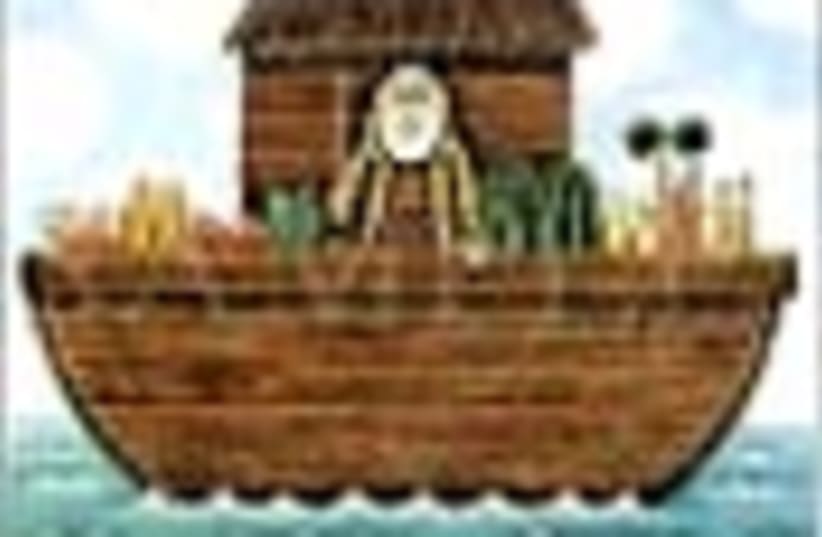| More about: | Melchizedek, Japheth, Chapters, Haran |
Parashat Noah: Like father, like son
The name Canaan appears for the first time in the story of the degradation of Noah. Canaan was not one of his sons, but rather his grandson, a son of Ham.


| More about: | Melchizedek, Japheth, Chapters, Haran |